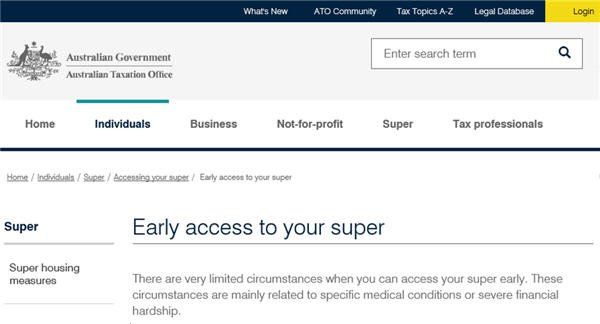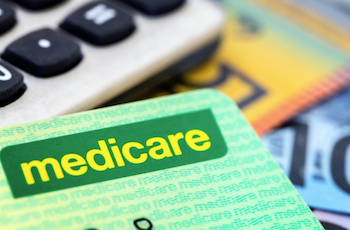Payment Policy
Payment Policy
Our reception staff will be happy to advise you of the consultation fee upon booking an appointment over the telephone. Fees for consultation along with other necessary forms will also be sent to you for your convenience upon booking an appointment.
Where out-of pocket co-payment are required which can vary depending on the type and complexity of surgery or procedure. Patients will be advised, in writing, after the consultation, the amount of gap payment. Fees for uninsured patients are advised by the accounts manager upon request.
How to Pay
Other Payment Choices
- Zip
- Medipay
- MacCredit
Early Release Superannuation
Patients may apply to Centrelink for an early release of superannuation funds to cover part or all of the costs involved. More details can be found on the Centrelink website.
If you chose to apply for this, three documents need to be lodged. Completed application form - click here for more information
- A letter of support from your General Practitioner
- A letter of support from our clinic (we will provide this after your initial consultation)
Please note that processing time by Centrelink generally takes around 3 weeks, and allow a further 4-6 weeks for your superannuation fund to release the funds to your personal bank account.
Tax Rebate Scheme For Medical Expenses
A significant rebate can be claimed through your end of year tax return if you incur medical expenses over $2,000 during the one financial year. Anyone can claim the tax offset: there is no upper limit on the amount you can claim, however it is now income tested. The rebate is currently 20 cents for every dollar over the $2000 threshold.
There is no upper limit on the amount you can claim, and it is not means or assets tested. Because this is a rebate rather than a tax deduction, you can claim this from the ATO even if you do not pay tax. As always, also check with your accountant or financial advisor.
Because this is a rebate rather than a tax deduction, you can claim this even if you do not pay tax. It is claimed at question T9 on your tax return. As always, be sure to check with your accountant or financial advisor. Further details can be found by clicking here .
Payment Types
About Private Fee Patients
- choose your own treating specialist, and
- be treated at hospitals that our doctor is affiliated to or is a visiting medical specialist,
- an outpatient clinic or in our private rooms, or
- will be referred to your local general practitioner.
Overview of Payment for Patients
- the billing types our practice offers,
- the billing policies for our medical services, and
- further explanations to common fee questions patients have.
Types of Patients
- Privately Insured Patients,
- Insurance Patients (Workers Compensation, Motor Accidents etc),
- Veteran Affairs Patients,
- Self Insured Patients, and
- Overseas Patients.
Fee Estimates
All Fee Categories
- Hospital Fees,
- Surgical Assistant Fees,
- Implants or Prosthesis Costs,
- Anaesthetists Fees,
- Diagnostic Tests (Radiology, Pathology), and
- Post-Operative Care.
Questions to Ask Your Health Fund
- What is my annual monetary benefit limit for:
- General Surgical treatment and Major Surgical treatment?
- What service limits apply to my cover?
- When does my annual benefit limit expire?
- Do I have a waiting period? And when does it end?
- What kind of Surgical treatment is NOT covered?
About Our Fee Policy?
Medicare Gap for Out Patient Services?
No Gap, Low Gap and Known Gap Policy
- No Gap
- Low Gap, and
- Known Gap
- Surgical examination and a consultation to address any and all of your questions and concerns regarding some specific conditions.
- Diagnostic examinations, and
- Where surgery is required, this may also be covered by our No Gap Policy
- Basic Surgical cover with your private health insurer,
- Your health fund card with you at the appointment,
- Insurance cover for the cost of the treatment. If your limit is reached for services provided or your health insurer paid zero dollars, you will have to pay the difference.
Uninsured Public Patients
- Go on a Waiting List at the Public Hospital, or
- Pay for the operation yourself ("Self Insure")













